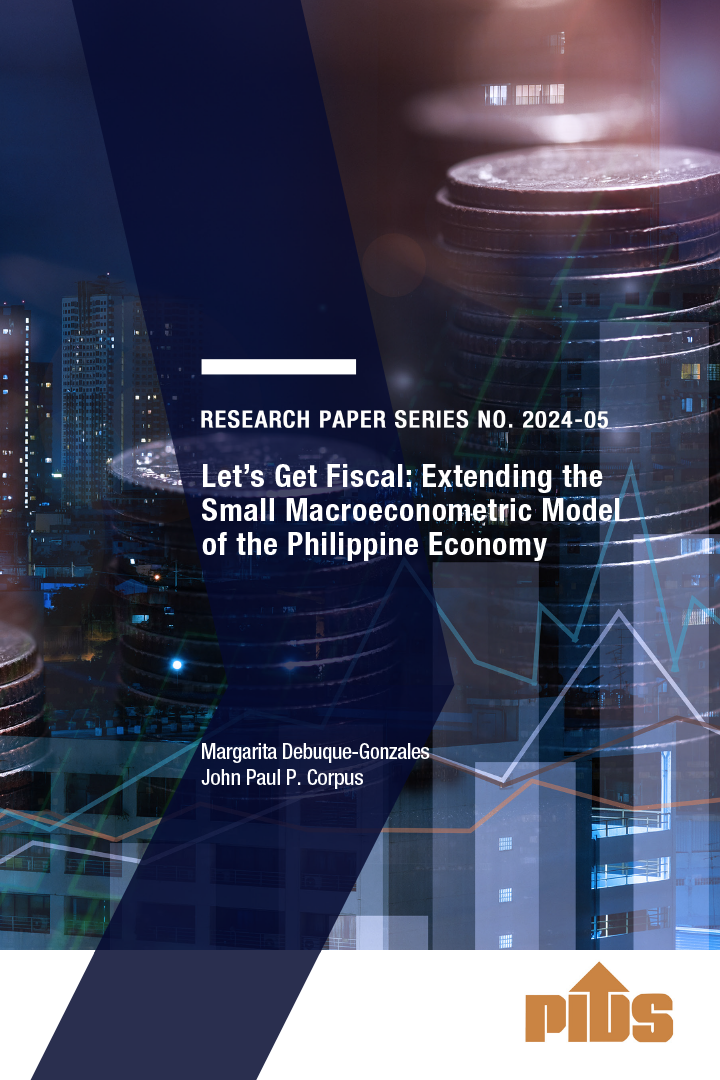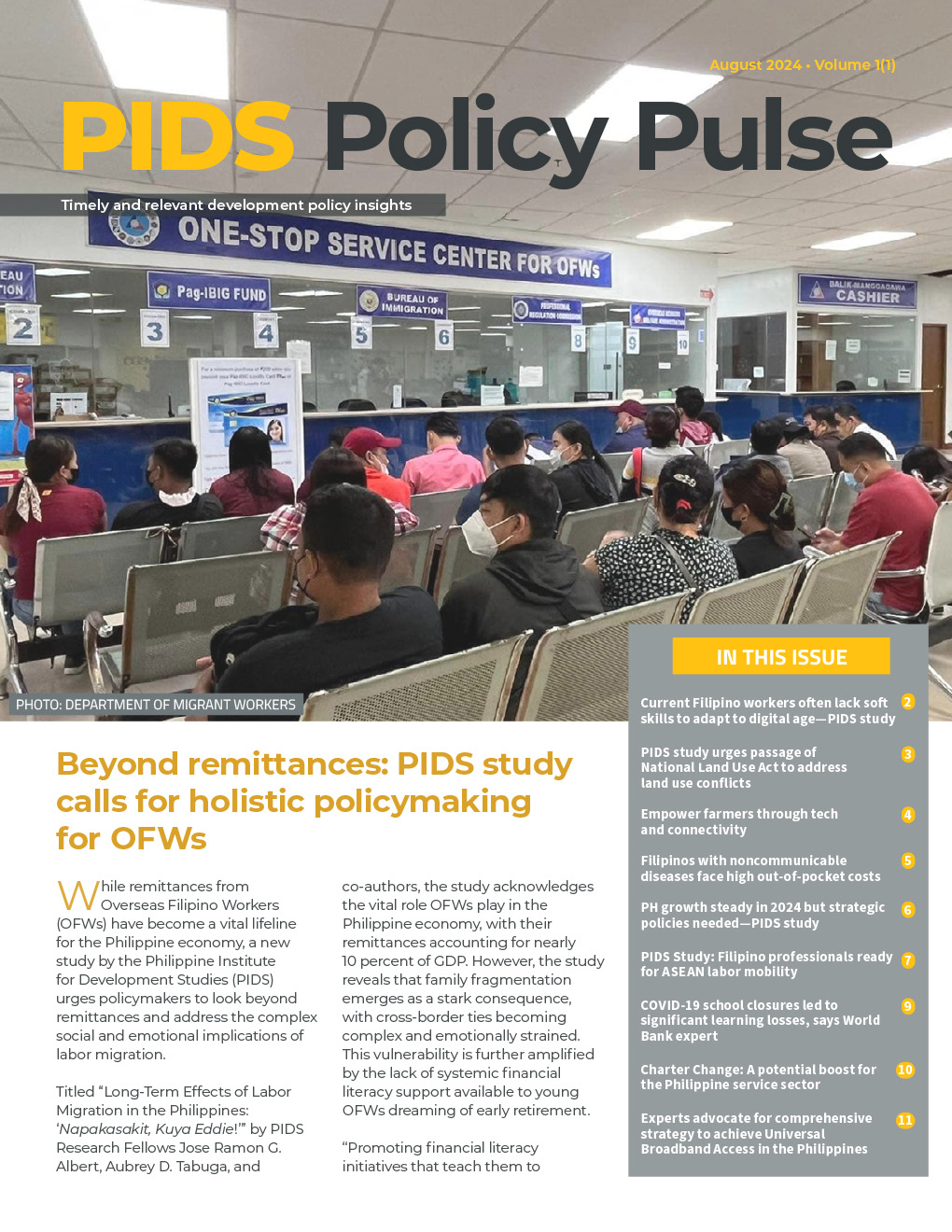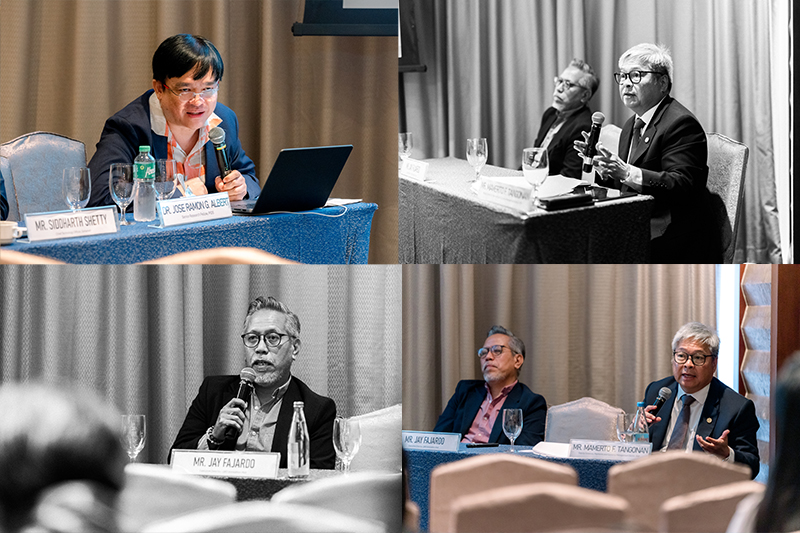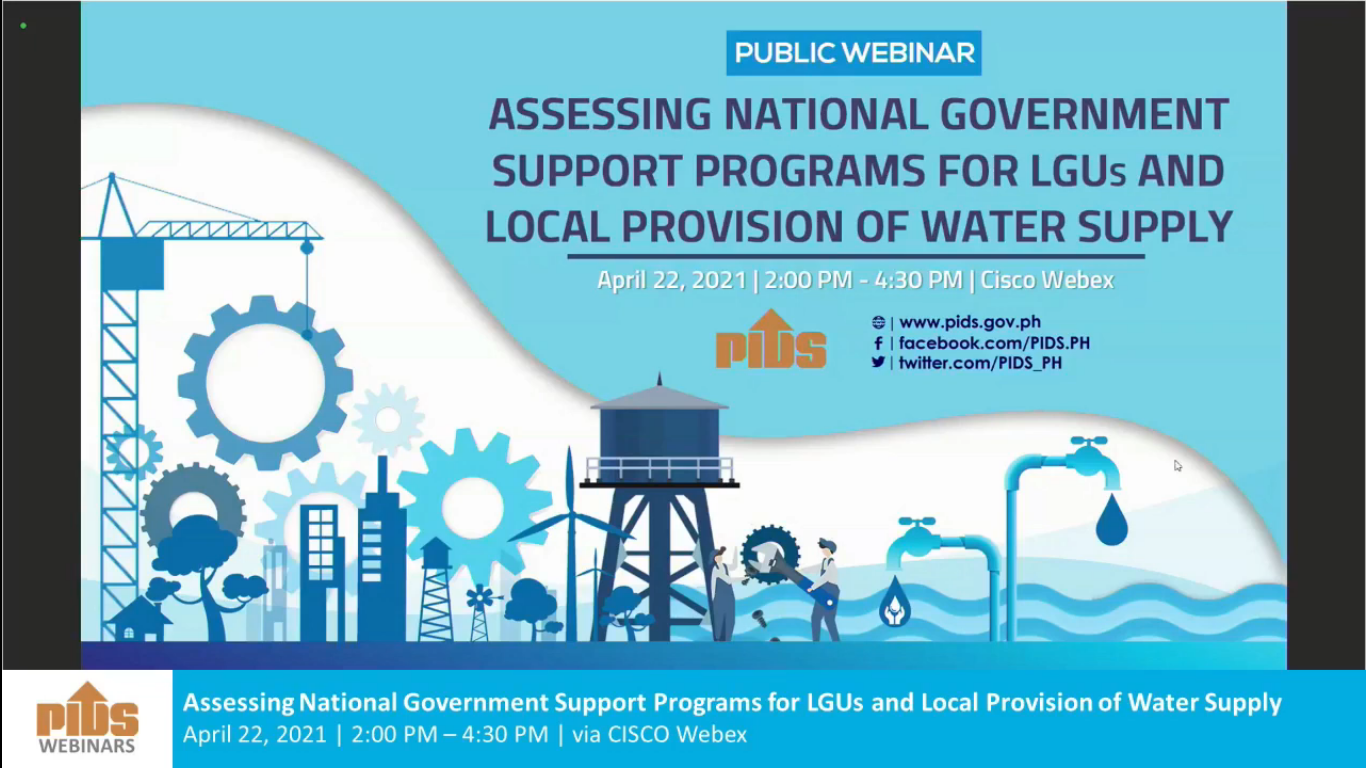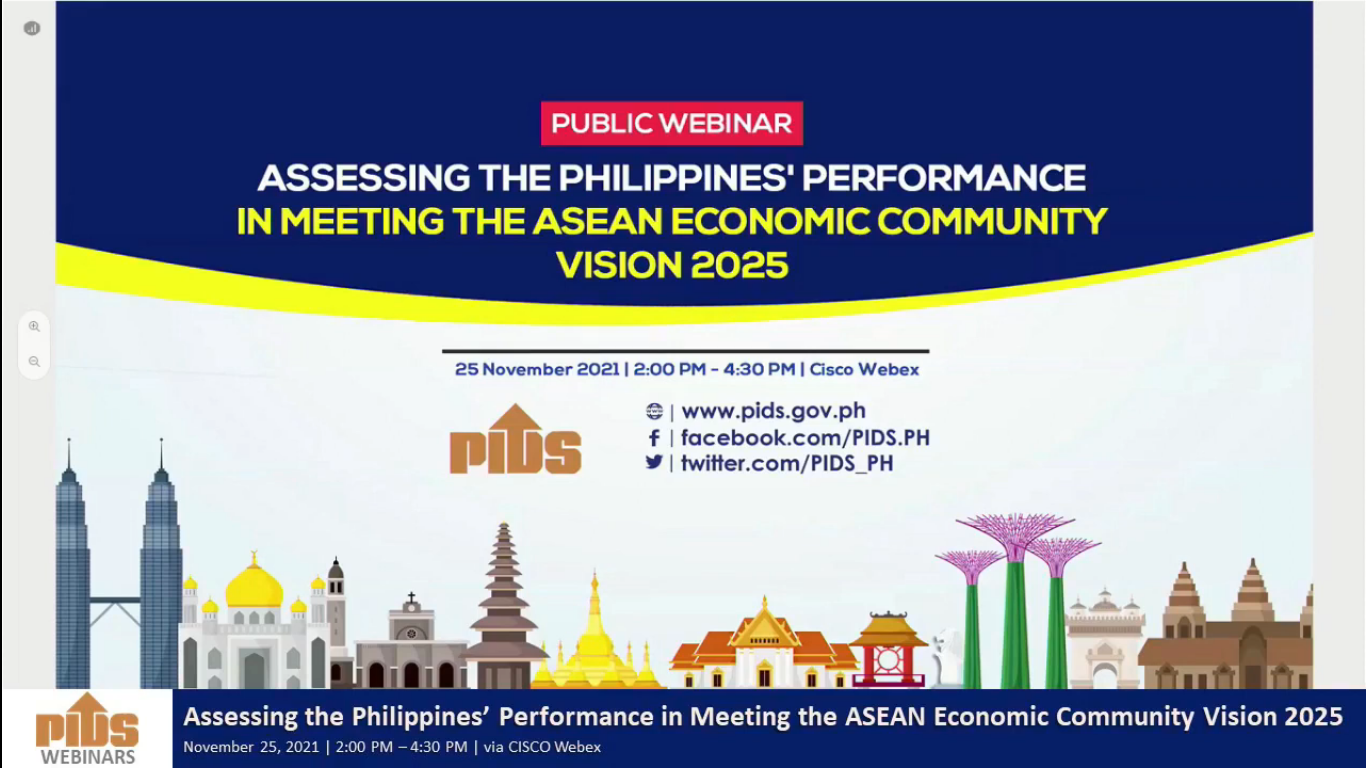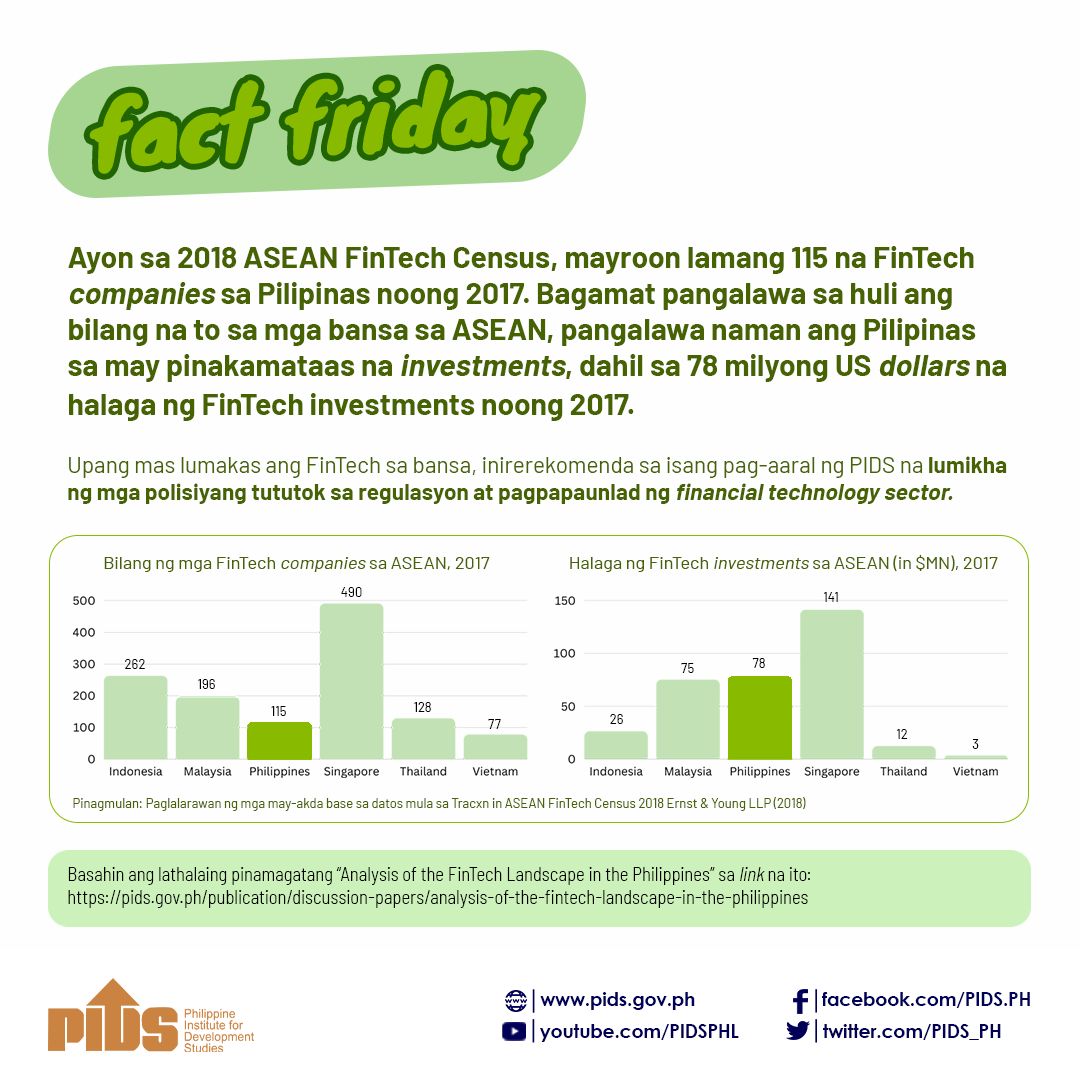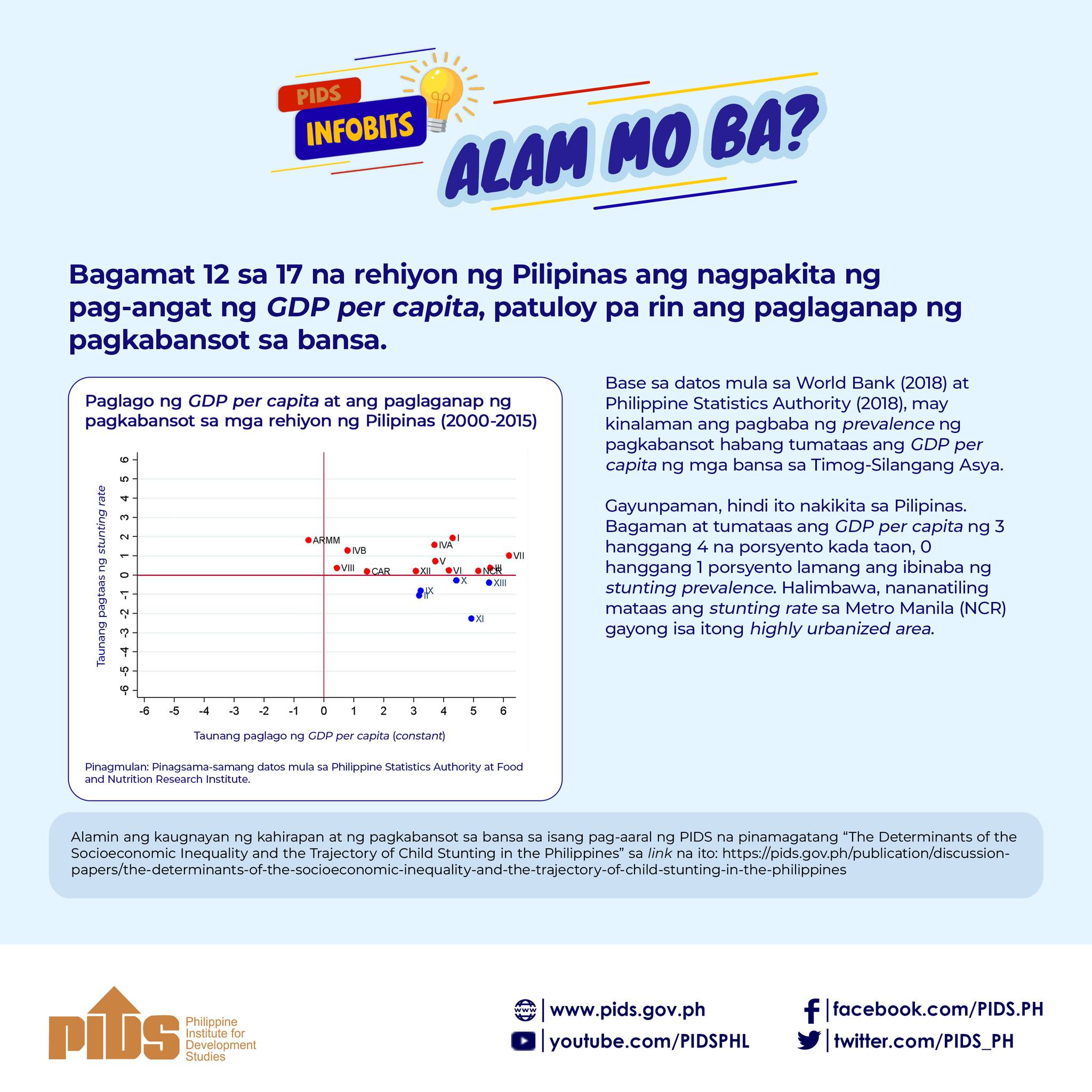VIENTIANE, Laos – President Rodrigo Duterte has highlighted the need for the Association of Southeast Asian Nations (ASEAN) to work together to fight transnational crime and to support small businesses to preserve the economic gains in the region.
“We should act together in concert to ensure that the economic gains we made so far will advance at full speed so that ASEAN can confidently play its rightful role as a global player contributing to the economic growth and prosperity,” Duterte said during the 13th ASEAN Business and Investment Summit on Tuesday here.
“I attach great importance on how laws are crafted and implemented to bring good governance and order and to provide an enabling environment for the country’s progress and prosperity.”
The president said ASEAN needs stronger resolve and action to combat transnational crime, which he described as “one of the most difficult and complex problems” in the region and “a pressing concern” for the Philippines.
“The trade in illicit and illegal drugs in particular has emerged as a pressing problem for our countries undermining social cohesion and the rule of law and socio-economic program of a country,” he added.
Duterte also called on the members of the regional bloc to redouble their efforts on intelligence gathering, interdiction, arrest and prosecution of terrorists.
“Recent events too have shown, terrorism and violent extremism rearing its ugly heads and threatening to pull us back from our onwards advance to progress. We shall not be cowed. We will press on,” the Philippine president said.
Duterte also cited the need to support micro, small and medium enterprises (MSMEs), a major source of employment. He said the Philippines is working to enhance the policy and regulatory environment and to provide businesses an affordable and innovative digital platform and access to finances.
“We will work and collaborate with ASEAN in helping the SMEs look for all ways to connect them in the countries of the ASEAN and the world,” the president said.
Duterte also pushed for the hastening of the growth and integration of sub-regional frameworks in ASEAN such as the Greater Mekong Sub-Region, the Indonesia-Malaysia-Thailand Growth Triangle and the Brunei-Indonesia-Malaysia-Philippines East ASEAN Growth Area or BIMP-EAGA.
"Hailing from Mindanao, I commit to promote BIMP-EAGA. We intend to open up our other major islands like Mindanao and the Visayas with high quality backbone infrastructure," Duterte said.
“We will accelerate infrastructure spending by improving national roads and bridges such as the Mindanao Logistics Infrastructure Network and other network master plans including the inter-island linkages. We have to further expand our roll on roll off facility to Davao-General Santos and Bitung in Indonesia.”
The ASEAN, Duterte said, must also engage the world in a robust way in terms of the economy. He noted that the regional bloc is making progress in fulfilling its commitments to the ASEAN Free Trade. The regional bloc has free trade deals with Australia, New Zealand, China, Japan, India and South Korea.
“With the establishment of the Regional Comprehensive Economic Partnership or RECP, we are now gaining further momentum in November 2016. The Philippines will host the RECP senior officials to further improve the phase on substance of our negotiations and conclude a comprehensive and high- quality RECP agreement in a timely manner,” Duterte added.
The RCEP is a free trade deal that aims to connect 16 Asia Pacific economies. According to a paper by the Philippine Institute for Development Studies released in 2013, the partnership could lead to the world’s biggest trading bloc or about 40 percent of world trade. The RCEP talks cover trade in services and goods and intellectual property among other topics.
Duterte also urged the ASEAN member-states to ensure the effective implementation of previous agreements that facilitated economic integration.
He noted that an immense amount of effort and compromise was required from member states as they work to reconcile their national interests with the aspiration of the ASEAN community.
“On the part of the Philippines, our economic focus will be towards the promotion of inclusive growth through innovation in four areas: micro, small and medium enterprises, e-commerce, youth and women entrepreneurship,” Duterte said.
“We should act together in concert to ensure that the economic gains we made so far will advance at full speed so that ASEAN can confidently play its rightful role as a global player contributing to the economic growth and prosperity,” Duterte said during the 13th ASEAN Business and Investment Summit on Tuesday here.
“I attach great importance on how laws are crafted and implemented to bring good governance and order and to provide an enabling environment for the country’s progress and prosperity.”
The president said ASEAN needs stronger resolve and action to combat transnational crime, which he described as “one of the most difficult and complex problems” in the region and “a pressing concern” for the Philippines.
“The trade in illicit and illegal drugs in particular has emerged as a pressing problem for our countries undermining social cohesion and the rule of law and socio-economic program of a country,” he added.
Duterte also called on the members of the regional bloc to redouble their efforts on intelligence gathering, interdiction, arrest and prosecution of terrorists.
“Recent events too have shown, terrorism and violent extremism rearing its ugly heads and threatening to pull us back from our onwards advance to progress. We shall not be cowed. We will press on,” the Philippine president said.
Duterte also cited the need to support micro, small and medium enterprises (MSMEs), a major source of employment. He said the Philippines is working to enhance the policy and regulatory environment and to provide businesses an affordable and innovative digital platform and access to finances.
“We will work and collaborate with ASEAN in helping the SMEs look for all ways to connect them in the countries of the ASEAN and the world,” the president said.
Duterte also pushed for the hastening of the growth and integration of sub-regional frameworks in ASEAN such as the Greater Mekong Sub-Region, the Indonesia-Malaysia-Thailand Growth Triangle and the Brunei-Indonesia-Malaysia-Philippines East ASEAN Growth Area or BIMP-EAGA.
"Hailing from Mindanao, I commit to promote BIMP-EAGA. We intend to open up our other major islands like Mindanao and the Visayas with high quality backbone infrastructure," Duterte said.
“We will accelerate infrastructure spending by improving national roads and bridges such as the Mindanao Logistics Infrastructure Network and other network master plans including the inter-island linkages. We have to further expand our roll on roll off facility to Davao-General Santos and Bitung in Indonesia.”
The ASEAN, Duterte said, must also engage the world in a robust way in terms of the economy. He noted that the regional bloc is making progress in fulfilling its commitments to the ASEAN Free Trade. The regional bloc has free trade deals with Australia, New Zealand, China, Japan, India and South Korea.
“With the establishment of the Regional Comprehensive Economic Partnership or RECP, we are now gaining further momentum in November 2016. The Philippines will host the RECP senior officials to further improve the phase on substance of our negotiations and conclude a comprehensive and high- quality RECP agreement in a timely manner,” Duterte added.
The RCEP is a free trade deal that aims to connect 16 Asia Pacific economies. According to a paper by the Philippine Institute for Development Studies released in 2013, the partnership could lead to the world’s biggest trading bloc or about 40 percent of world trade. The RCEP talks cover trade in services and goods and intellectual property among other topics.
Duterte also urged the ASEAN member-states to ensure the effective implementation of previous agreements that facilitated economic integration.
He noted that an immense amount of effort and compromise was required from member states as they work to reconcile their national interests with the aspiration of the ASEAN community.
“On the part of the Philippines, our economic focus will be towards the promotion of inclusive growth through innovation in four areas: micro, small and medium enterprises, e-commerce, youth and women entrepreneurship,” Duterte said.

